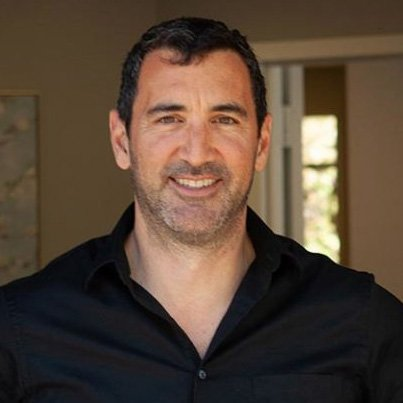Eliminate The Pain of TMJ Problems In Mclean, Va
What Is TMJ?
TMJ is an abbreviation for “temporomandibular joint”—that’s the joint which connects your lower jaw to your skull.
The TMJ is a complex joint which works with your muscles so you can move your jaw in multiple directions. A small piece of cartilage (soft tissue) above the joint protects it from rubbing directly against the temple bone. It also enables smooth movements of the TMJ. When something goes wrong with the TMJ, it causes the symptoms above and others.
Are You suffering from any of the following symptoms?
➢ Clicking or popping in the jaw
➢ Worn-down teeth
➢ Clenching or grinding the teeth
➢ Frequent headaches
➢ Pain in the face, jaw, ear or neck
➢ Worn-down teeth
➢ Clenching or grinding the teeth
➢ Frequent headaches
➢ Pain in the face, jaw, ear or neck
If so, you may be having problems with your “temporomandibular joint ” or TMJ for short.
GET A TMJ/TMD CONSULTATION
If you are concerned you may have a TMJ disorder (TMD), get a consultation with Dr. Lynch.
This offer includes:
➢ In-depth exam
Schedule Your TMJ Consultation Today.
➢ X-Rays
➢ One-on-one consultation with Dr. Lynch
➢ Customized treatment plan
Causes Of TMD Problems
Problems with the TMJ are referred to as “temporomandibular joint disorders” or TMD for short.
TMD typically occurs when the patient’s bite is misaligned or the protective cartilage slips out of place due to an injury to the head or neck. Other TMD causes include chronic grinding or clenching of the teeth and arthritis.
How Dr. Lynch Treats TMJ Problems?
Ninety percent of TMJ pain is related to the muscles, particularly those used for chewing. Dr. Lynch thoroughly examines your bite and may measure your muscle activity using an advanced technique called “electromyography.” This is an electronic diagnostic technique which Dr. Lynch performs using a delicate instrument to precisely record and evaluate muscle activity related to your bite. With this technical information, Dr. Lynch can then successfully address your TMD.
I Want To Schedule A TMJ/TMD Consultation with Dr. Lynch
By aligning a patient’s bite, Dr. Lynch has eliminated headaches, including migraines and pain in the neck, back and shoulders. He has also reduced clenching and grinding and even relieved snoring to improve sleep.
5 Reasons to Get Your Bite Checked
Your bite—the way your upper and lower teeth fit together—has a large effect on your health and well-being. Here are five reasons to get your bite checked and make sure it is properly aligned:
- Prevent teeth from cracking or breaking
- Protect teeth from premature wear and tear
- Chew food properly for maximum nutrients
- Breathe through your nose (a misaligned bite can cause mouth-breathing)
- Find out if you have TMD so you can relieve the pain
Make an Appointment

